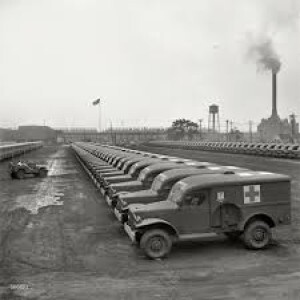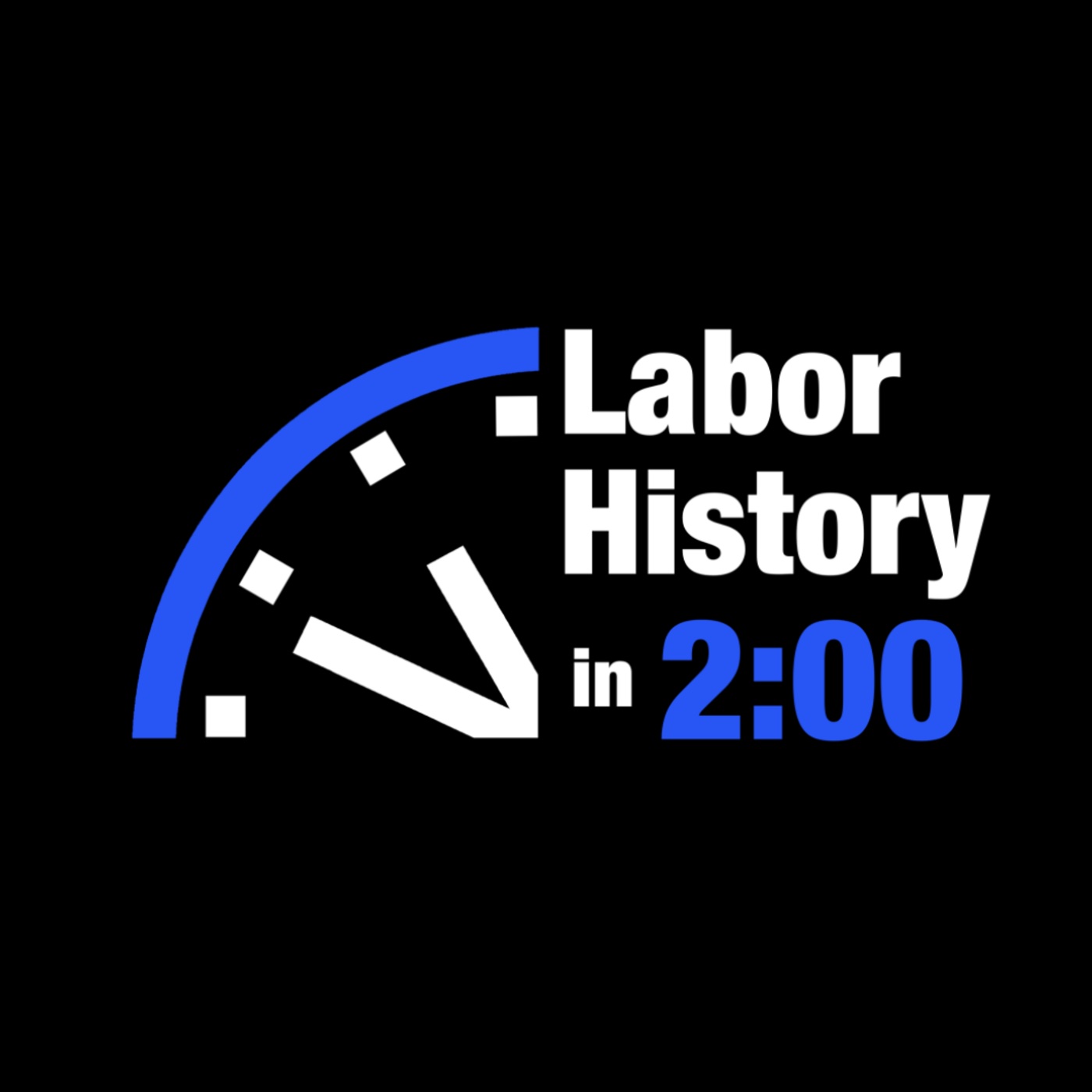Episodes

Tuesday Dec 05, 2023
December 5 - Striking in Solidarity
Tuesday Dec 05, 2023
Tuesday Dec 05, 2023
On this day in labor history, the year was 1944.
That was the day seven employees at Detroit’s Dodge Truck plant stopped working to protest the firing of a union brother.
When five of the seven were fired for the stoppage, it sparked a wildcat strike.
Another 320 workers downed their tools and left the plant. It was World War II.
The Dodge Truck plant had been converted to wartime production.
Workers there built heavy trucks to ship to allies in China.
The unions had signed onto a no-strike pledge after Pearl Harbor was bombed.
President Roosevelt demanded labor peace to aid the war effort. Leaders of the AFL and CIO agreed to no strike, no lockout clauses.
The CIO went further and agreed to give up overtime pay.
Most union members were not consulted on the pledge and did not vote on it.
When they learned about the pledge after the fact, many workers, who had just come off victorious organizing drives, were in no mood to make concessions.
They witnessed surging wartime profits for their employers and no cap on executive salaries, while they had to deal with wage freezes and inflation.
Many were confronted with increasingly unsafe working conditions, violations of newly won contracts and arbitrary discipline and firings. Despite the no-strike pledge, wildcat strikes were common.
During the war, there were over 14,000 strikes involving more than 6 million workers. In 1944 alone, when workers walked out at Dodge Truck, there had been more strikes in auto plants than at any other time in the industry.
Workers found that short, spontaneous walkouts quickly resolved their grievances, regardless of the no-strike pledge


No comments yet. Be the first to say something!